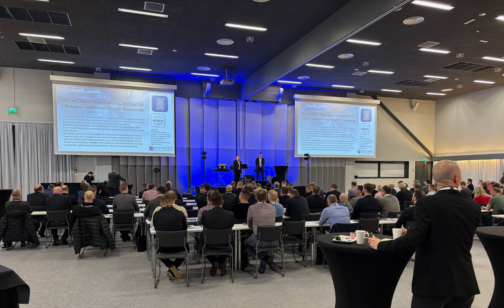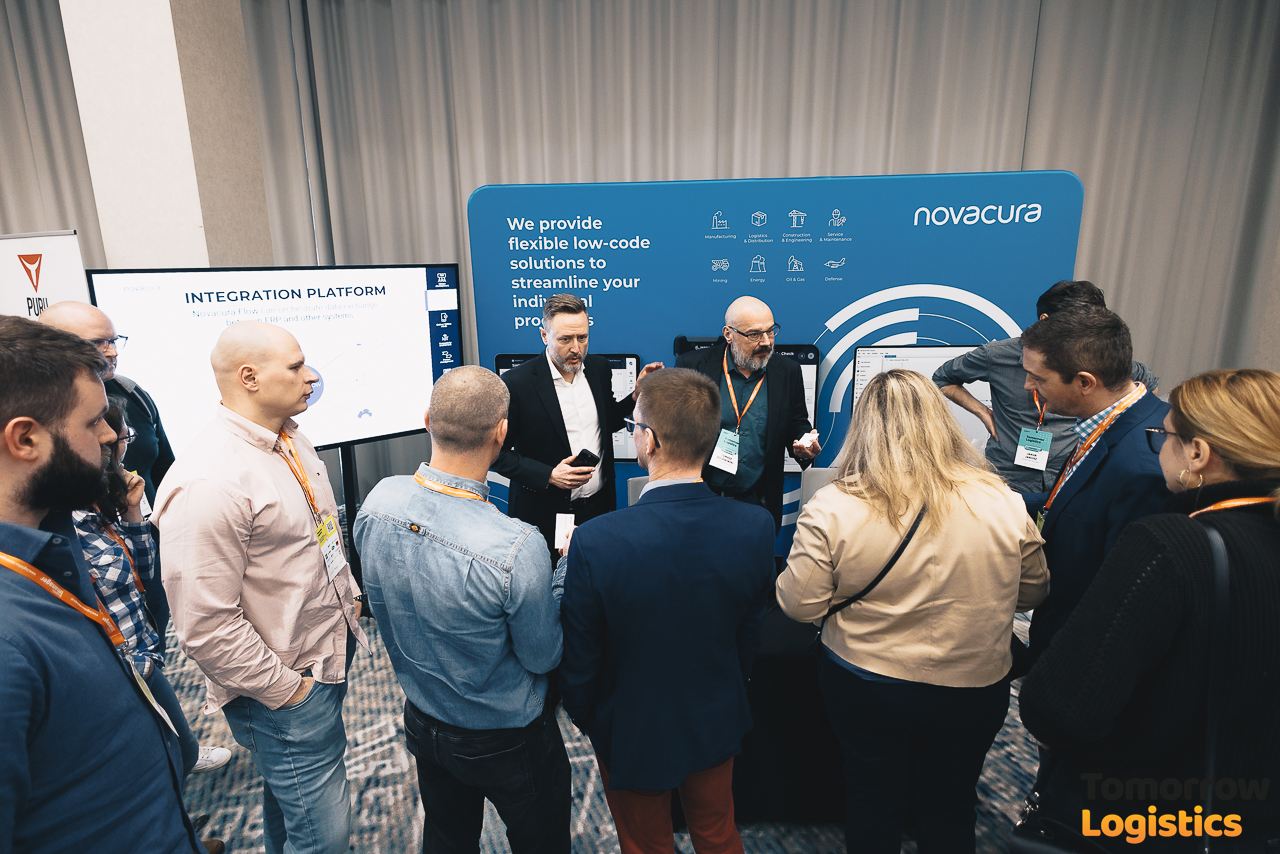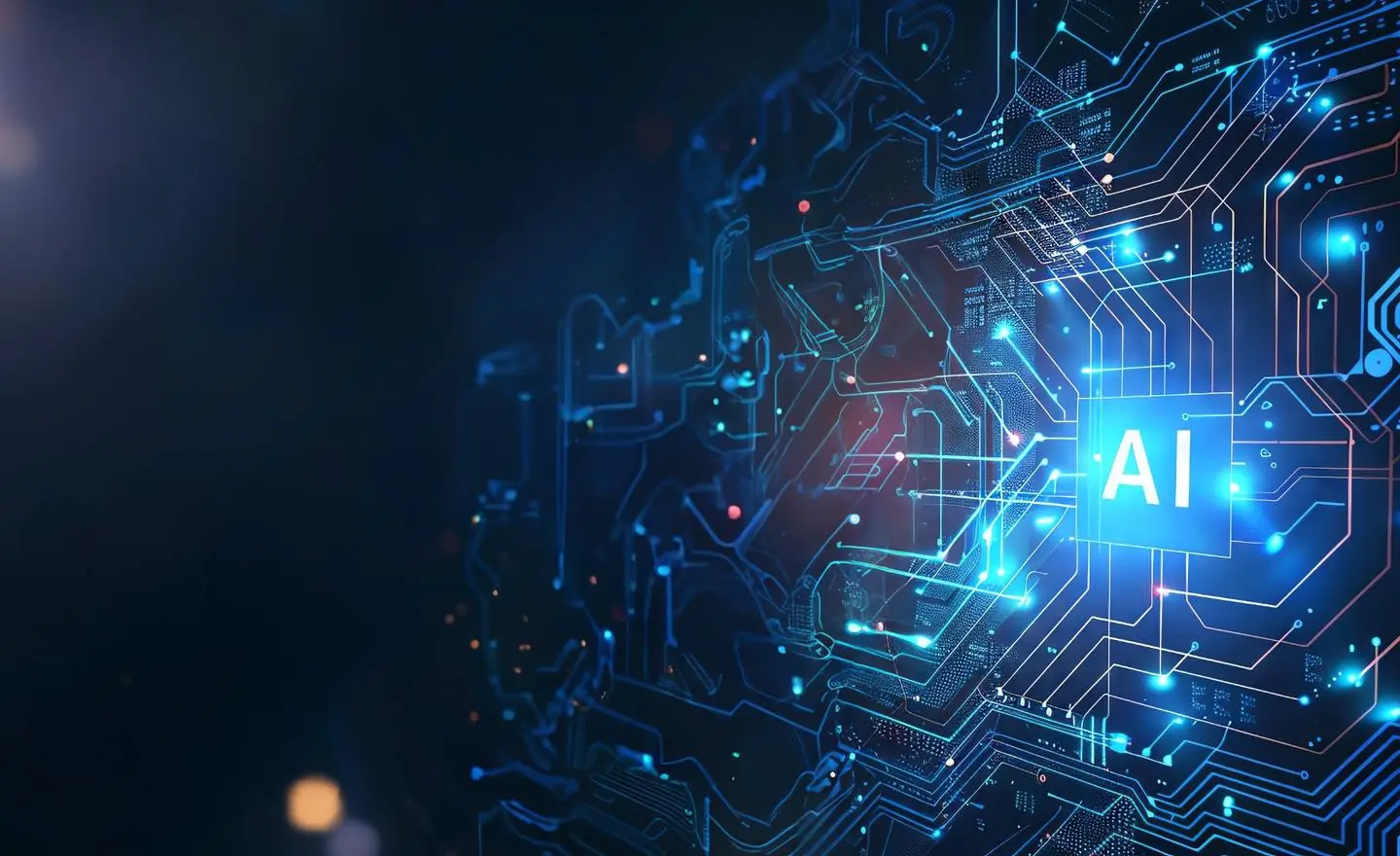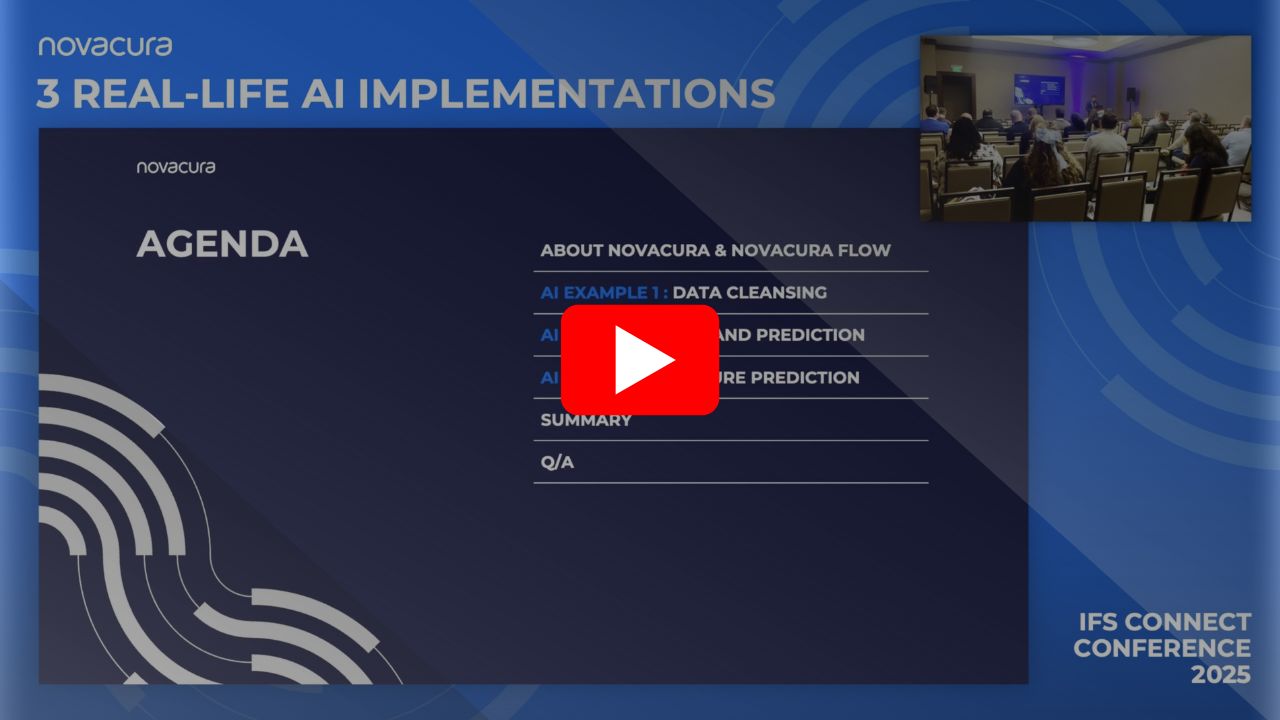 July 30, 2025
July 30, 2025  13 min to read
13 min to read As organizations seek to remain competitive in an increasingly digital landscape, ERP software with artificial intelligence is emerging as an essential tool for driving operational excellence, enhancing decision-making, and unlocking new levels of business intelligence. So, how AI is transforming ERP systems and why businesses should consider adopting these intelligent solutions.
What Is AI in ERP Software?
Enterprise Resource Planning (ERP) systems have traditionally served as centralized platforms for managing finance, human resources, supply chain, manufacturing, and customer service data. Artificial intelligence (AI) in ERP systems takes this a step further by embedding machine learning algorithms, natural language processing, robotic process automation, and predictive analytics directly into core workflows. Rather than being a standalone analytics module, AI in ERP is woven into everyday tasks—order entry, demand forecasting, invoice matching, and field service. By transforming ERP from a passive data repository into an active decision-making system, organizations can anticipate needs, automate routine tasks, and continuously improve processes based on real-time insights.
How Does AI Work Within ERP Systems?
Understanding how AI operates within ERP systems requires examining the technical architecture and data flow that enables intelligent functionality. AI doesn’t replace the core ERP infrastructure; rather, it builds upon existing data repositories and process workflows to add intelligence layers that enhance system capabilities.
AI integration in ERP involves five key layers:
- Building a Clean Data Base.
Your ERP already stores everything—orders, invoices, equipment logs, budgets. AI starts by cleaning and unifying this information so it’s reliable. When your data is organized and consistent, AI models learn from the best possible foundation. - Training and Managing Models.
Once the data is ready, AI “learns” from past records. It studies historical sales trends to forecast demand, checks equipment histories to spot potential failures, and more. Behind the scenes, the system also keeps track of each model’s version and automatically retrains them as new data comes in. - Using AI in Real Time.
Every day, your ERP calls on these trained models to power smart features. It might warn you about a sudden surge in demand, suggest when to reorder parts, or let a software robot handle repetitive tasks like matching invoices—right when you need it. - Showing “Why” Behind Every Suggestion.
Trust is key. Explainable AI highlights the main factors behind each recommendation—so you see why a reorder alert popped up or why a maintenance task is critical. You can accept, tweak, or reject these suggestions, and the system uses your feedback to get even better. - Bringing AI Directly into Your Workflow.
Instead of hopping between separate apps, AI insights show up inside the screens you already use—dashboards update automatically, chat-style assistants pop up in side panels, and inline tips guide your next step. That way, intelligence is always just a click away, without disrupting your day.

Types of AI Technologies in ERP
The AI ecosystem within ERP systems encompasses several distinct technologies, each serving specific purposes and enabling different capabilities. Understanding these technologies helps organizations identify which AI capabilities in ERP will deliver the most value:
Machine Learning (ML) serves as the backbone of most AI implementations in ERP. ML algorithms excel at pattern recognition, classification, and prediction tasks. In practice, this means ML can analyze historical sales data to forecast future demand, identify customers at risk of churn based on behavioral patterns, or optimize pricing strategies by considering multiple variables simultaneously.
Natural Language Processing (NLP) revolutionizes how users interact with ERP systems. Beyond simple voice commands, advanced NLP can understand context, interpret intent, and even detect sentiment in communications. This technology powers intelligent chatbots that can answer employee questions about company policies, process expense reports through conversational interfaces, or analyze customer feedback to identify emerging issues.
Computer Vision brings visual intelligence to ERP systems, particularly valuable in manufacturing and logistics operations. Cameras equipped with computer vision can inspect products for defects, verify shipment contents, monitor workplace safety compliance, or track inventory movements in warehouses. When integrated with ERP systems, computer vision provides real-time quality data, automates inventory counts, and enables visual search capabilities where users can find products or parts by uploading photos.
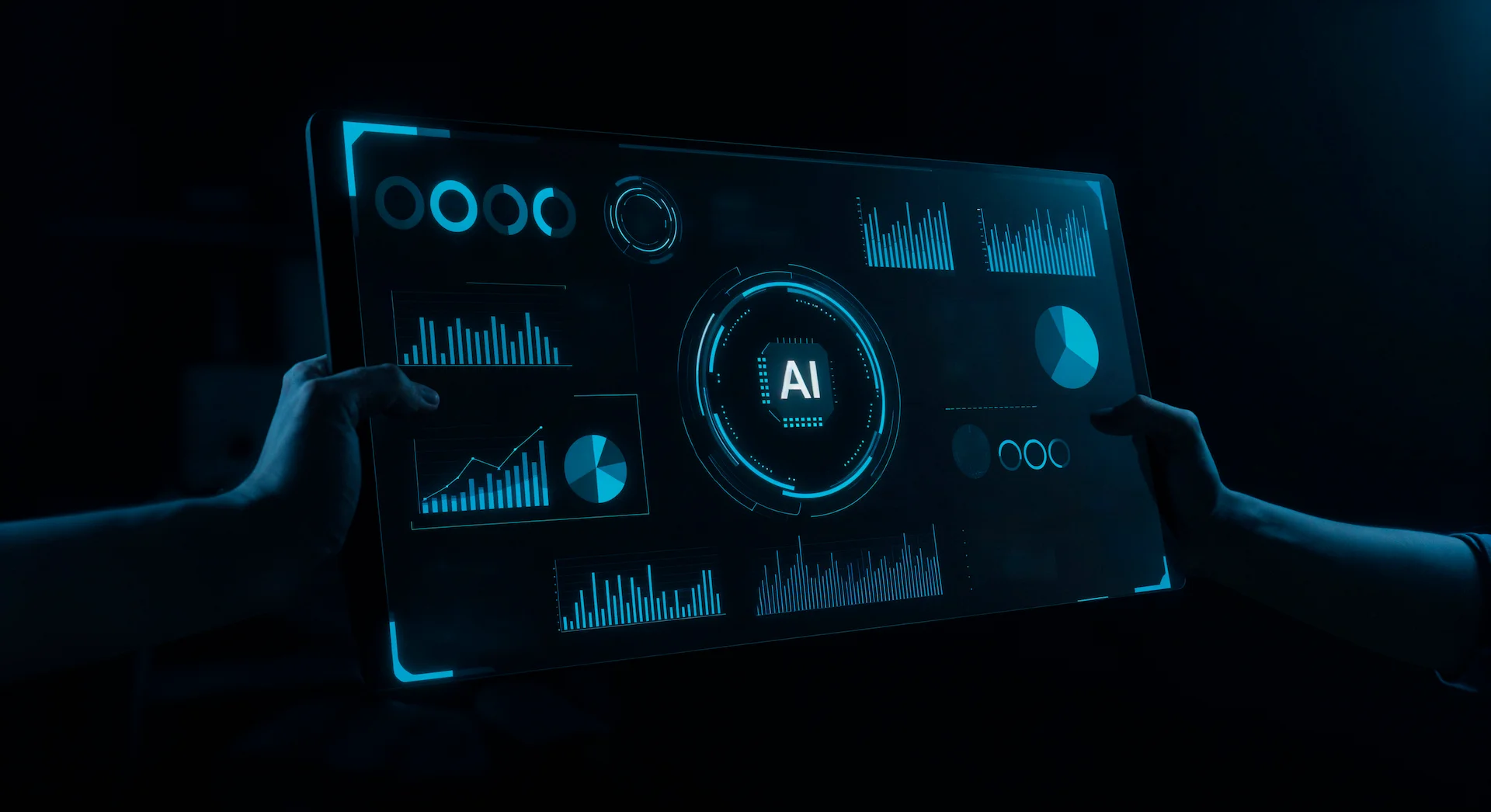
Predictive Analytics leverages statistical models and machine learning to forecast future outcomes based on historical data and current trends. In ERP contexts, predictive analytics can anticipate equipment failures before they occur, forecast cash flow with high accuracy, predict which customers are most likely to make purchases, or estimate project completion times based on resource availability and historical performance.
Robotic Process Automation (RPA) automates repetitive, rule-based tasks that traditionally required human intervention. While not AI in the strictest sense, RPA becomes intelligent when combined with other AI technologies. For instance, an RPA bot enhanced with ML can learn from exceptions and adapt its processes over time, while NLP integration enables bots to process unstructured data from emails or documents.
Generative AI represents the newest frontier in ERP intelligence. These systems can create new content based on patterns learned from existing data. In ERP applications, generative AI can draft financial reports with contextual analysis, generate product descriptions based on specifications, create training materials customized to specific roles, or even suggest new product designs based on market trends and customer preferences.
| Technology | ERP Use Case | Business Impact |
| Machine Learning | Demand Forecasting, Pricing Optimization | Reduced stockouts, increased margins |
| Natural Language Proc. | Chatbot Support, Contract Analysis | Faster issue resolution, automated compliance |
| RPA | Invoice Matching, Data Migration | Lower processing costs, fewer manual errors |
| Predictive Analytics | Scenario Planning, Financial Projections | Informed strategizing, agility in decision-making |
| Anomaly Detection | Fraud Detection, Condition Monitoring | Minimized risk, proactive asset maintenance |
How AI Is Transforming ERP
The integration of AI in ERP systems is fundamentally changing how businesses operate, moving from reactive data management to proactive intelligence-driven operations.With ERP and AI working hand in hand, every aspect of enterprise workflows sees new possibilities for efficiency, accuracy, and strategic advantage.
Real-Time Insights over Static Reporting
Traditional ERP reporting runs on set schedules—daily, weekly, monthly—or relies on manual triggers. Thanks to continuous ERP AI integration, dashboards update instantly as new data arrives, and alerts are generated the moment anomalies occur—preventing costly delays and keeping teams ahead of issues.
Smarter Supply Chain Management
AI-driven forecasting models analyze decades of sales history, external data (weather, promotions), and market indicators to predict demand with unprecedented accuracy. As a result of AI applications in ERP systems, companies lower safety stock, improve service levels, and optimize working capital.
Next-Level Service Operations
Field service technicians benefit from AI copilots that suggest optimal routes, pull historical repair records, and recommend spare parts—all via a chat interface within the ERP. First-time fix rates rise, travel costs drop, and customer satisfaction improves.
Automated Financial Processes
Accounts payable and receivable teams leverage RPA and machine learning within ERP software with artificial intelligence to reconcile invoices, detect duplicate payments, and categorize expenses automatically. Finance closes faster, errors plummet, and staff can shift focus from data entry to financial strategy.
Adaptive Production Planning
Manufacturers deploy AI algorithms that dynamically adjust production schedules based on current orders, material availability, and equipment health. Downtime is minimized, throughput increases, and changeovers become more efficient.
Proactive Asset Management
AI continuously analyzes IoT sensor readings—vibration, temperature, pressure—to identify early signs of wear. Maintenance moves from calendar-based intervals to condition-based triggers, slashing unplanned downtime and extending equipment life.
Contextual Knowledge Access
Generative AI copilots scan knowledge bases, manuals, and past cases, delivering precise instructions right where users need them. No more siloed repositories or lengthy searches—maintenance, quality, and compliance tasks become faster and more accurate.
Benefits of AI in ERP
The adoption of AI-powered ERP systems delivers tangible benefits that extend far beyond simple automation, creating competitive advantages that compound over time. Organizations implementing these intelligent systems report transformative improvements across multiple dimensions of business performance.
| Benefit | Description |
| Increased Operational Efficiency | Automated workstreams and predictive insights shorten procurement cycles, speed up month-end closes, and streamline service calls. Organizations report 20–30% productivity gains in back-office functions. |
| Data-Driven Decision Making | Executives move beyond gut feel to rely on quantifiable forecasts, scenario analyses, and real-time alerts—driving more accurate financial plans and marketing campaigns. |
| Cost Reduction & Resource Optimization | Predictive maintenance can cut repair costs by up to 30% and reduce downtime by 25%. Dynamic inventory planning lowers carrying costs by 10–20%. RPA in finance reduces processing expenses by nearly 40%. |
| Enhanced Customer Experience | Faster order fulfillment, fewer stockouts, and AI-powered self-service portals improve customer loyalty and Net Promoter Scores. |
| Scalable Innovation | Cloud-based AI models retrain automatically on fresh data. As business grows, new predictive scenarios can be added without extensive custom coding. |
| Competitive Differentiation | Early adopters of AI-ERP create strategic barriers—launching personalized offerings, optimizing pricing in real time, and entering new markets faster than peers. |
| Improved Compliance & Risk Management | AI models monitor transactions and flag irregularities, supporting fraud detection and regulatory reporting. Explainable AI features document decision logic, aiding audits. |
Challenges of Implementing AI in ERP
While the benefits of AI in ERP systems are compelling, organizations must navigate significant challenges to realize these advantages. Understanding and preparing for these challenges is crucial for successful implementation and long-term value realization.
- Data Quality & Integration. Reliable AI hinges on clean, unified data—so prioritize master data management and seamless integration across all systems.
- Skill Gaps & Change Management. Train users on AI tools and align IT, data science, and business teams to ensure smooth adoption.
- Governance & Security. Implement model versioning, access controls, and monitoring, while enforcing data-privacy rules (GDPR, CCPA).
- Explainability & Trust. Use explainable AI (e.g., feature-importance visuals) to demystify recommendations and build user confidence.
- Cost & Complexity. Anticipate investments in infrastructure and expertise; run pilots to prove ROI before scaling.
- Vendor Selection & Integration. Choose ERP providers with native AI, low-code customization, industry templates, and a clear AI roadmap.
IFS.ai in IFS Cloud: A Leading ERP with Native AI Capabilities
As one of the most advanced AI ERP solutions available today, IFS Cloud—with its embedded IFS.ai capabilities—sets the standard for native AI integration. Unlike bolt-on AI solutions that sit alongside traditional ERP systems, IFS.ai is built directly into the core platform, providing seamless intelligence across all functional areas.
IFS.ai is built for asset-intensive industries—manufacturing, aerospace & defense, energy, and construction—using pre-trained, industry-specific models that deploy quickly with minimal customization. Its AI Copilot offers a conversational interface across the ERP, letting users ask questions like budget forecasts for maintenance or optimal production schedules and receive actionable recommendations. Predictive-maintenance models combine sensor data, service history, operating conditions, and even weather to forecast equipment failures days or weeks ahead with over 90% accuracy. The optimization engine solves complex scheduling—balancing technician skills, locations, parts availability, and traffic—to maximize efficiency and customer satisfaction. Supply-chain intelligence analyzes supplier performance, geopolitical risks, and demand trends to suggest sourcing and routing alternatives during disruptions. By leveraging deep industry knowledge and rapid deployment, IFS.ai delivers meaningful ROI in weeks rather than the months typical of generic solutions.
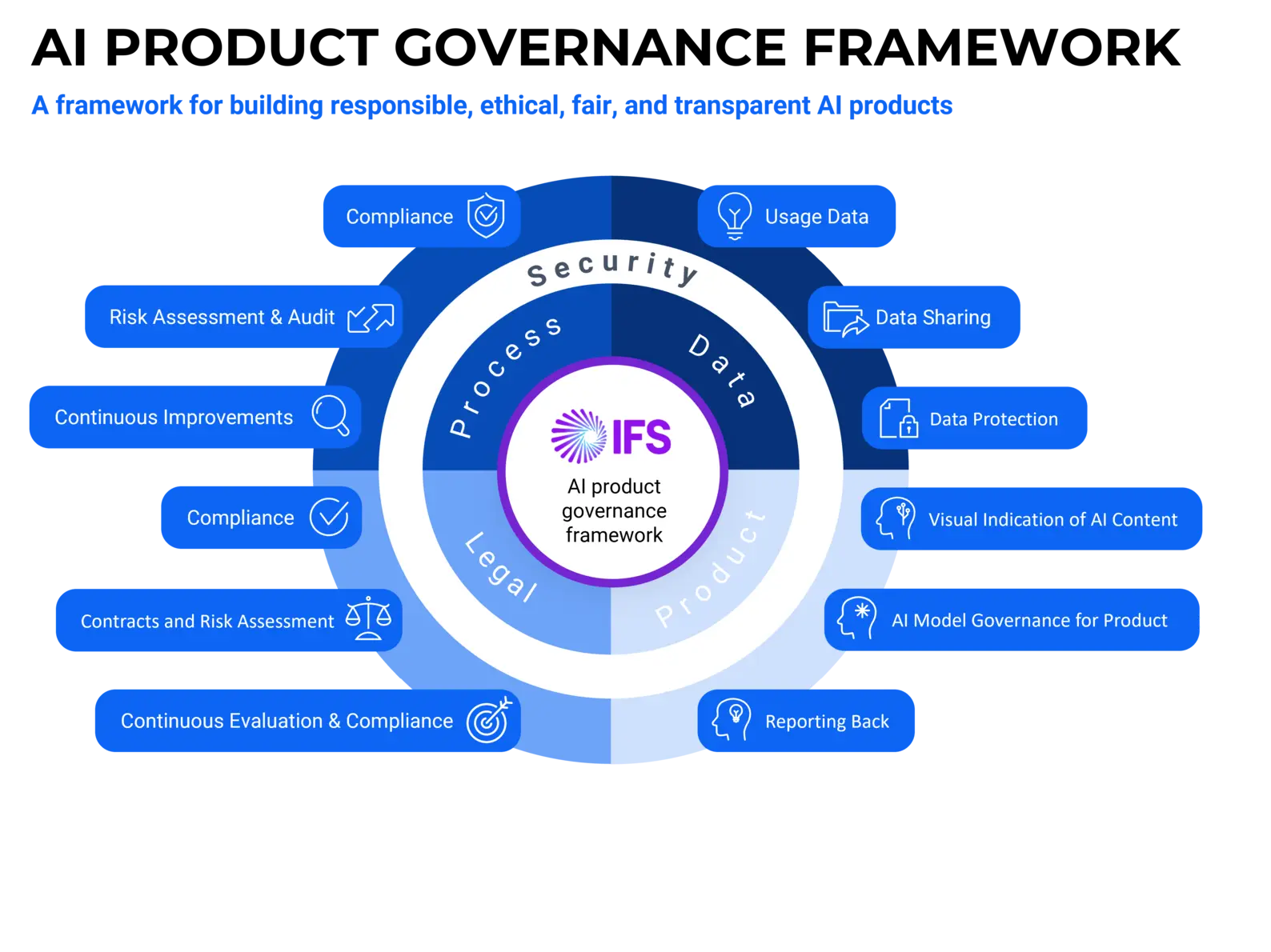
How AI and ERP Systems Combine to Deliver Competitive Advantage
The competitive advantages delivered by AI-driven ERP systems extend beyond operational improvements to fundamentally reshape how organizations compete in their markets. Understanding these advantages helps organizations justify AI investments and develop strategies to maximize their impact.
- Speed of Decision and Action: AI-powered organizations react in hours or minutes—adjusting pricing, inventory, and operations in real time—while traditional systems can take days or weeks. This rapid response lets them seize opportunities (e.g., real-time price changes based on weather or social trends) and avoid threats that slower competitors miss.
- Predictive Capabilities: Instead of reacting, companies anticipate future events. Sales teams target high-probability buyers, maintenance crews fix equipment before failure, and finance secures funding ahead of cash shortages—turning foresight into a competitive edge.
- Personalization at Scale: AI eliminates the personalization versus efficiency trade-off. B2B firms can offer tailored pricing, terms, and products to thousands of accounts, and manufacturers can seamlessly mix standard and custom orders—driving loyalty and pricing power.
- Continuous Learning and Improvement: AI systems improve with each transaction. Organizations that adopt AI early gain intelligence advantages over time, creating a widening gap—while late adopters struggle to catch up.
- Resource Optimization: AI balances multiple objectives—minimizing inventory without stock-outs, optimizing workforce schedules for productivity and work-life balance, and routing deliveries to cut fuel costs—delivering 10–20% cost savings.
- Innovation Acceleration: Freed from routine tasks, employees use AI insights to identify inefficiencies, uncover customer needs, and spark new products or services—often creating unexpected revenue streams.
- Risk Management Superiority: AI detects supply chain disruptions, fraud patterns, and quality issues earlier than rule-based systems. This proactive risk control prevents losses and builds customer trust.
- Cumulative Market Leadership: Early AI adopters lock in data advantages, learning-curve benefits, and operational efficiencies—fueling higher profits, further AI investment, and a virtuous cycle that leaves traditional competitors behind.
HOW AI ENHANCES ERP CAPABILITIES
See 3 Real-Life Use Cases That Deliver ROI: Session recording from IFS Connect North America 2025
AI in ERP FAQs
How is AI used in ERP?
AI automates routine processes—invoice matching, expense categorization, data migration—while providing predictive insights (demand forecasting, maintenance alerts) and conversational copilots for contextual guidance. By embedding intelligence directly within ERP workflows, organizations eliminate data silos, accelerate processes, and empower users with real-time decision support.
What is the benefit of an AI-enabled ERP system?
An AI-enabled ERP delivers faster decision-making, cost savings, improved forecast accuracy, and enhanced customer experiences. It transforms data into proactive insights, enabling smarter inventory planning, predictive asset maintenance, and personalized service.
Can ERP be automated?
Yes. Modern ERP platforms incorporate robotic process automation to execute repetitive tasks—purchase order creation, report generation, journal entries—without manual intervention. This frees staff to focus on value-added activities like process improvement and strategic analysis.
What benefits does AI provide for manufacturing industry operations?
In manufacturing, AI improves production scheduling by dynamically balancing capacity and order priorities, predicts equipment failures—enabling condition-based maintenance—and optimizes supply chain flows to ensure materials arrive just in time. These enhancements lead to higher throughput, reduced waste, lower costs, and improved Overall Equipment Effectiveness (OEE).

